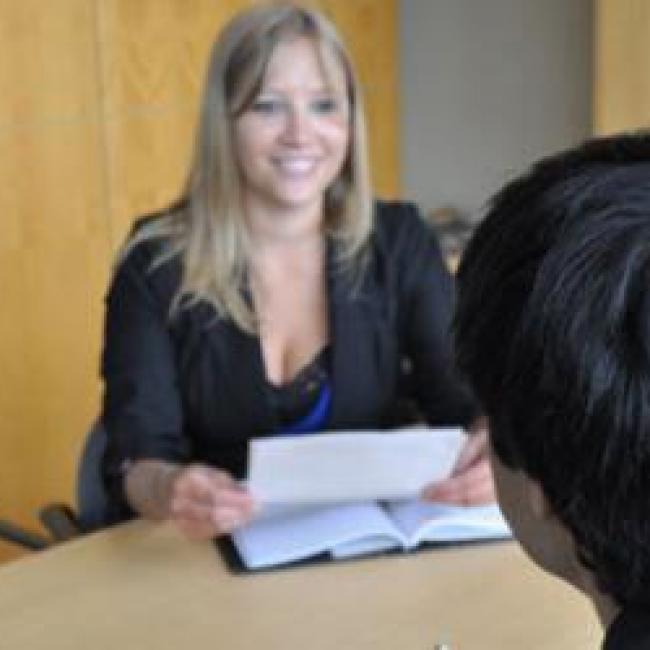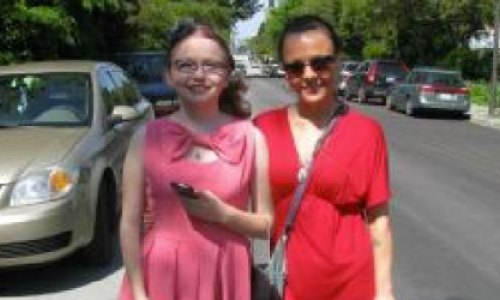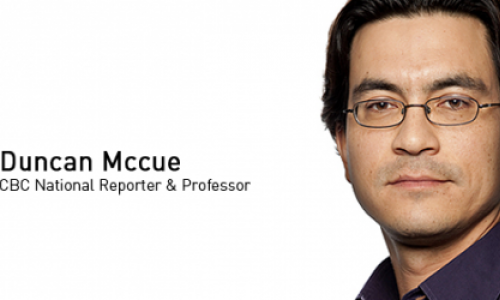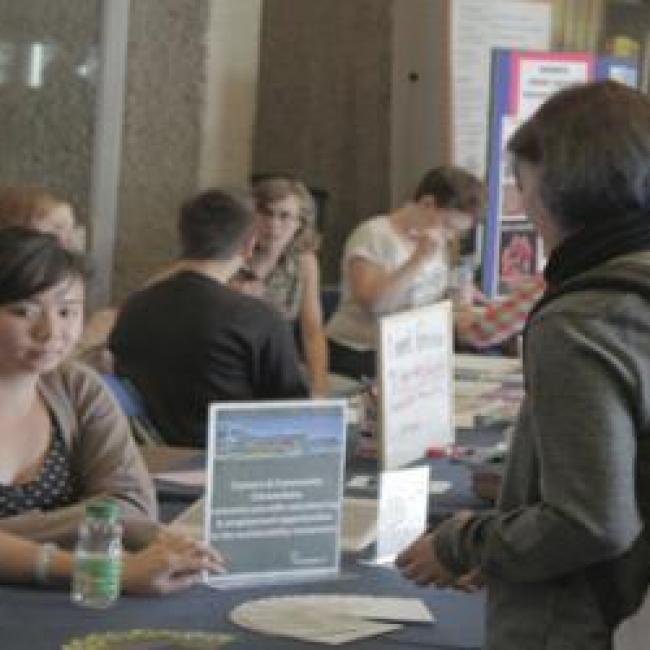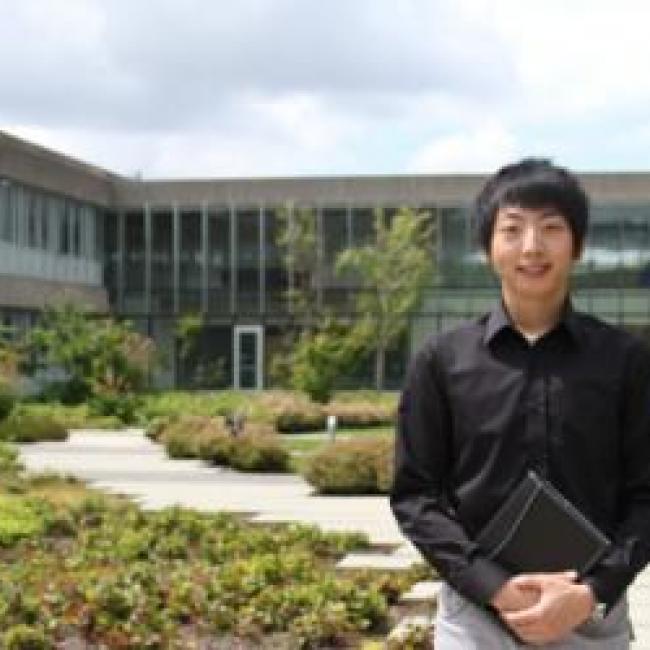
Readers of this blog are likely looking for ways to engage with their community, be it through volunteer opportunities or organizational profiles. Before engaging with a community, however, I would suggest getting used to engaging with individuals. It’s many individuals that make up a community, after all.
Remember names and professions
People love to hear their name. That’s not to suggest that everyone is self centered, it’s just that a person’s name is often near and dear to them. So do your best to remember names and use it instead of “dude” or “you.”
The question, “So, what do you do for a living?” is so common that it’s become a bit cliché but the sentiment behind it is important. As Bruce Springsteen said “Work creates an enormous sense of self,” so remember a person’s profession and show that you remember. Doing so can communicate that they’ve left an impression on you. You can then proceed to…
Ask them how they got to be in that profession
People love nostalgia. It’s just how the brain works. It does its best to filter out painful details of the past, leaving better memories. That’s why when you ask someone how they got to be in their profession, you can immediately see a person relax and soften as those good memories come back. I am particularly fond of this method of engaging with people. Try it the next time you’re speaking with someone, especially a professor. They’ll often open up to you, which brings me to my next point.
Watch their body language and mirror it
Once a person opens up to you, it’s important to make them feel safe. It’s hard to open up to a person you don’t trust, after all. One way to make a person feel safe is to mirror their body language. Now, I’m not saying you should copy every little movement they make. No, that would just be creepy. Instead, pay attention to their mood and try to show that you’re also in that mood. If they’re relaxing then you should too. If they look serious, then show them you are also taking things seriously. People often project what they want through body language and reciprocating they’re feelings will help to engage with them.
Listen
This is the most important point on this list. Listening is a key part of engagement. Some people might feel uncomfortable with silence in a conversation. You might have experienced this before. For example, how many times have you been cut off so that the other person could get their thought in? It doesn’t feel good, at least not to me. Instead of making me wish to engage with that person, I feel like I’m not being listened to. Instead, try listening. Speaking from experience, when people talk to other people, they are often not seeking advice or commentary. No, people are just seeking someone who will listen to them. Being listened to is a feeling that most people greatly enjoy. It makes you feel appreciated. By listening to someone instead of hurrying to interject with your own words, you can let them open up to you, learn things about them you otherwise wouldn’t have, and achieve a deeper level of engagement.










